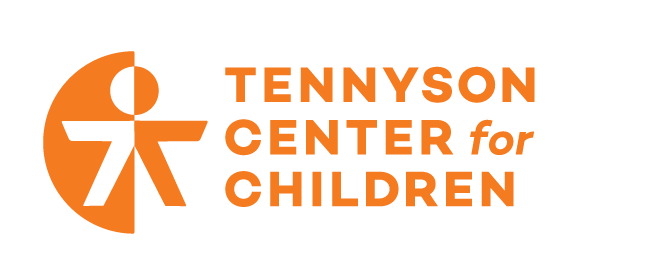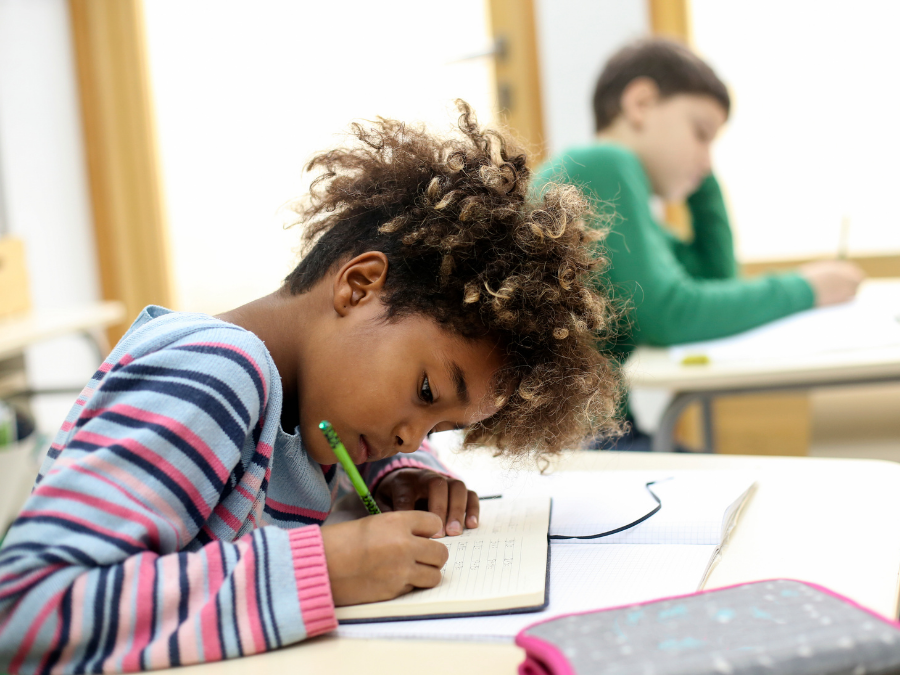Using Therapeutic Principles to Raise Student Achievement
How using therapeutic principles and direct instruction in social and emotional learning competencies are the quickest way to raise student achievement.
My journey at Tennyson K-12 Therapeutic Day Treatment school started in March of 2019. Before coming to Tennyson Center for Children (Tennyson), I was a district-level administrator responsible for mental health services and social and emotional learning in a small Adams County school district. I’ve always believed that employing trauma informed care (TIC) principles and direct instruction in social and emotional learning (SEL) in a school environment can increase student achievement levels. It was challenging to get school administrators to implement this design. Many did not understand how TIC principles would improve student achievement or were focused solely on academic growth.
The Tennyson K-12 school is for students with complex trauma as well as emotional and behavioral needs. My role at the school provided me with the opportunity to design and develop a school culture that implemented best practices for students with complex trauma. In my new role, I could put into practice the recommended elements of a school program I had been discussing with other school leaders for years. My number one focus was putting the student-staff relationships first. By doing this, we aimed to raise the students’ academic scores.
During my first few months, I walked the school’s halls and observed and listened to teachers, support staff, and students. I wanted to understand the structure and practice through both a therapeutic and academic lens. What I learned very quickly is that Tennyson teachers had mastered the hard stuff: they had strong, trusting relationships with their students. They had developed positive rapport with students who had negative experiences in school in the past. The ability to establish these relationships comes from truly authentic people who are passionate and believe that all students are important, valued, and wanted. I found that these teachers and support staff truly cherish kids!
We needed to improve on systems that make teachers’ work easier and find ways to ensure all education staff felt supported. So here is what we did:
- Brought back schoolwide Positive Behavior Interventions and Supports (PBIS);
- Provided direct instruction on appropriate behavior expectations;
- Enhanced our restorative practices as our process for accountability for both students and staff;
- Increased student participation in assessments and developed teachers to effectively progress student’s academic growth;
- Developed a daily school schedule that emphasized the importance of SEL competencies;
- Realigned the school year calendar so teachers had meaningful time away to rest and re-charge;
- Held regular education team meetings so the team could come together to discuss programming and participate in ongoing professional development;
- Emphasized that teachers are the classroom leaders, and they are responsible for everything that occurs in the classroom; and
- Provided staff opportunities for onsite professional development and statewide conferences.
By emphasizing the importance of building relationships with students in the school setting, we saw an increase in student’s willingness to participate in the learning process.
Here are the results:
Reading
- In the 2018/2019 academic year, we only tested 43% of students in reading proficiency. In the 2019/2020 school year, we tested 81%.
- In the 2018/2019 academic year, we saw no reading growth. However, during the 2019/2020 school year, we had a 52% increase in reading proficiency from students’ first diagnostic assessment to their last.
Math
- In the 2018/2019 academic year, we only tested 49% of students in math proficiency. In the 2019/2020 academic year, we tested 87% of students which was a 38% increase in students tested in math. This meant we tested 38% more students in math that academic year.
- In the 2018/2019 academic year, we only saw a 4% increase in math scores over the year. In the 2019/2020 academic year, we saw a 44% growth in math proficiency, increasing the previous school year’s growth by 40%.
The increase in testing showed us that our students had a newfound enthusiasm for participating in their academic progress. Plus, the growth we’ve seen in reading and math proficiency are huge achievements for students who typically arrive at Tennyson two to three years behind in school.
As we round the corner into the end of our school year, we are entering the second year of running a school during a global pandemic. While much has changed for all of us, vaccines are here and we look forward to a future free of social isolation and lockdowns. Currently, our leadership team is developing a plan to open our campus to the community once again. I’m looking forward to seeing parents and volunteers on our campus, to students taking field trips, and for our community gathering again. More importantly, I look forward to seeing our students continue their academic growth.
Learn more about our school’s programming, approach, and impact here.
Author: Kim Cini, Director, Special Education/K12 Principal





